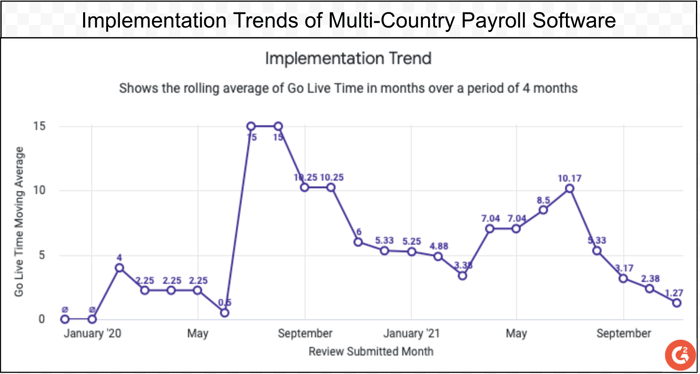In a notable development for the global recruiting software sector, the company Deel recently announced that it has raised $425 million in Series D funding. This brings the company’s overall valuation to $5.5 billion, which Deel says makes it the highest-valued company in the global hiring, payments, and compliance space.
What does Deel do in the global hiring software space?
Founded in San Francisco in 2019, Deel’s platform streamlines the process of hiring employees or contractors in other countries. By having legal entities established in multiple other countries, Deel is able to simplify the process of hiring foreign employees by taking care of HR, payroll, and local legal compliance.
For compliance, Deel helps companies make sure that they comply with local requirements, including taxes, minimum wage, and termination requirements. Deel enables users to set up their payroll to use a country’s local currency and adhere to local tax laws. It also includes modules for onboarding, benefits, and time tracking.
What does this mean for the industry?
Deel’s funding round illustrates a larger shift in recruiting-related software toward facilitating remote work.
“The way people work is fundamentally changing,” Deel CEO Alex Bouaziz said in a press release.
“And it’s never going back. We founded Deel because we didn’t want hiring or payments to prevent businesses from building the best global teams and finding the best global talent. We’re going to keep challenging the norms of how companies operate and continue building tools that shape the future of work.”
Deel is a High Performer in G2’s Multi-Country Payroll category, which is designed for products that manage payroll across multiple countries and currencies.
Trends in the multi-country payroll software market
One interesting trend within the Multi-Country Payroll category relates to implementation, which refers to the process of a product to be adopted and integrated into a business’s processes. Over the course of the COVID-19 pandemic, G2 users have reported shortening implementation times, from an average of 15 months for implementation last summer to less than three months on average today.

One potential factor in companies implementing these platforms more quickly could be the great resignation, which involves many employees looking for more flexible work arrangements, including remote work. Deel and platforms like it allow companies to hire employees who can work from many different countries, and be paid accordingly in the local currency.
With hybrid or remote work becoming the norm, companies will need to meet the demands of the labor force and broaden their abilities to hire and pay employees, no matter where they live.



 by Marina Schlosser
by Marina Schlosser
 by Marina Schlosser
by Marina Schlosser
 by Marina Schlosser
by Marina Schlosser